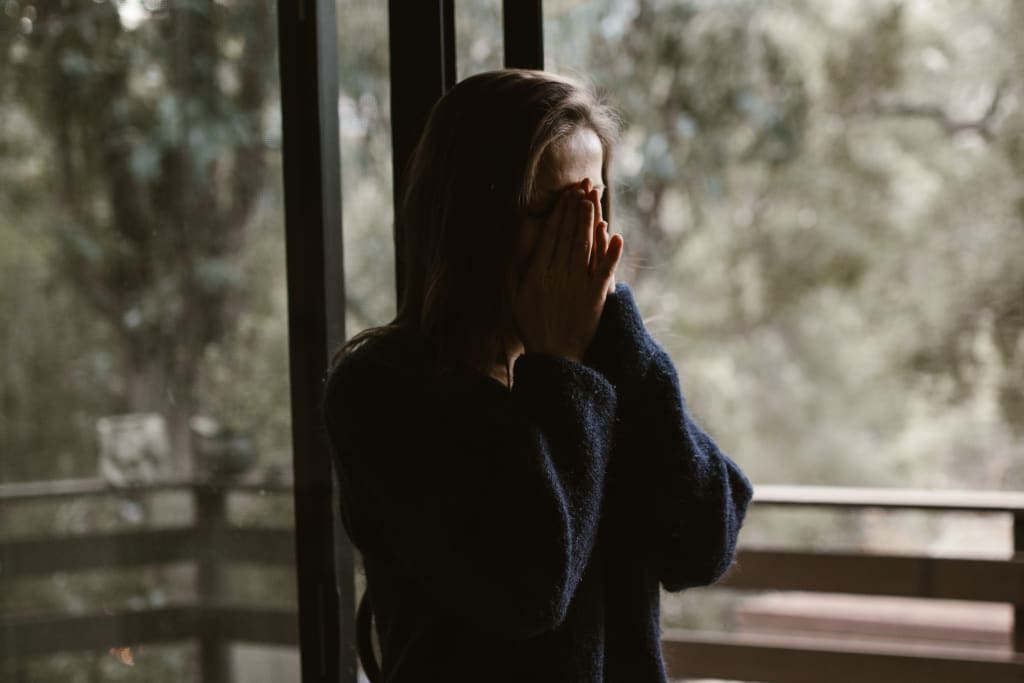Are you in a Toxic Relationship? Let's Find Out and Start Healing
How to get rid of toxic relationship and start healing

Toxic Relationships: Understanding, Overcoming, and Moving Forward
Toxic relationships can have a devastating impact on our lives, leaving us feeling drained, hopeless, and even physically ill. Despite the negative consequences, it can be difficult to leave a toxic relationship due to feelings of attachment, fear, or even a lack of awareness of the situation. In this article, we'll explore what toxic relationships are, the warning signs to look out for, and how to get out and heal from a toxic relationship.
What are toxic relationships?
A toxic relationship is characterized by patterns of abuse, control, and manipulation. It can be emotional, physical, or both. In a toxic relationship, one partner may use tactics like gaslighting, isolation, or even violence to maintain power and control over the other partner. This type of relationship can take a serious toll on a person's mental and physical health and can lead to long-term psychological damage.
Signs of a toxic relationship
It's important to be aware of the warning signs of a toxic relationship. Some common red flags include:
Constant criticism and belittling
Jealousy and possessiveness
Isolation from friends and family
Emotional or physical abuse
Threats of violence or suicide
Manipulation and control
If you're experiencing any of these behaviors, it's important to take a step back and assess the situation. Remember, you deserve to be treated with respect and kindness.
Getting out of a toxic relationship
Leaving a toxic relationship can be a difficult and even dangerous process. It's important to have a plan in place and seek support from friends, family, or a professional. Here are some steps to help you get out of a toxic relationship:
Reach out for support: Talking to a trusted friend, family member, or therapist can provide you with the support and encouragement you need to make a change. You can also reach out to a domestic violence hotline for help and resources. Having a support system in place can make the transition out of a toxic relationship much easier and safer.
Plan your exit: Leaving a toxic relationship can be dangerous, so it's important to have a plan in place. This may include finding a safe place to stay, gathering important documents, and making sure you have access to necessary resources like money or transportation. It's also important to consider your personal safety and that of any children or pets involved.
Cut ties: After you've left the relationship, it's important to cut ties with the toxic person. This may mean unfollowing them on social media, changing your phone number, or avoiding places you might run into them. It's important to create physical and emotional distance to begin the healing process.
Focus on self-care: Healing from a toxic relationship can take time, but it's important to prioritize your own well-being. Focus on taking care of yourself through activities like exercise, therapy, and spending time with supportive people. It's also important to work on rebuilding your self-esteem and confidence, which may have been damaged during the toxic relationship.
Moving forward
Getting out of a toxic relationship is a big step, but it's just the beginning of the healing process. It's important to continue to focus on self-care and seek support from friends, family, or a professional. With time and effort, you can overcome the negative effects of a toxic relationship and build a healthier, happier life.
It's also important to remember that healing from a toxic relationship is a process and it may take time to fully recover. It's also important to understand that recovery from a toxic relationship is not a linear process, and setbacks are normal. It's important to be gentle with yourself and seek additional support if needed.
In addition, it's important to recognize that toxic relationships can be addictive and it may be tempting to return to the relationship. It's important to have a strong support system in place and to remind yourself of the reasons why you left the relationship in the first place.
Finally, it's important to understand that leaving a toxic relationship is a brave and positive step towards healing and growth. It may be difficult, but with the right support and mindset, you can overcome a toxic relationship and create a brighter, healthier future for yourself.
In conclusion, toxic relationships can have a devastating impact on our lives, but it's important to be aware of the warning signs and seek help when needed. By reaching out for support, planning your exit, cutting ties, and focusing on self-care, you can heal from a toxic relationship and create a happier, healthier life.
About the Creator
Onur Serbetci
Hi! I am Onur. I am a writer with a passion for telling stories that move and inspire people. I'm excited to share my words with you and take you on a journey through the power of storytelling."






Comments
There are no comments for this story
Be the first to respond and start the conversation.